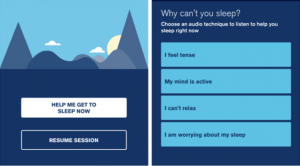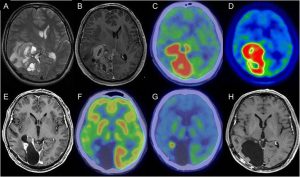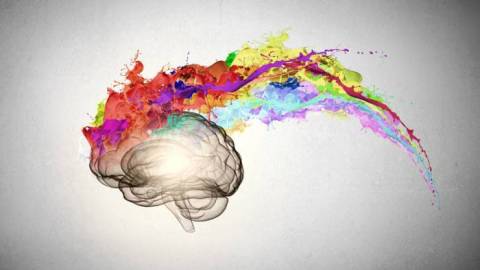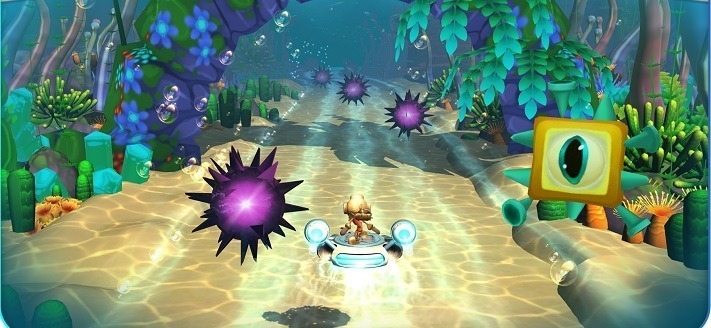Thank you very much, great Summit Sponsors, for supporting the 2017 SharpBrains Virtual Summit taking place next week (Dec. 5-7th) and gathering 50+ Speakers and 200+ participants to working on ways to enhance brain health and performance in the digital age!
Gold Sponsors

AARP is a nonprofit, nonpartisan, social welfare organization with a membership of nearly 38 million that helps people turn their goals and dreams into real possibilities, strengthens communities and fights for the issues that matter most to families. Its Global Council on Brain Health (GCBH), founded in collaboration with Age UK, is an independent collaborative created to provide trusted information on how to maintain and improve brain health.brain

VieLight has a mission to engineer and commercialize non-invasive devices based on photobiomodulation that are safe and effective, easy to use and affordable – all to truly help improve one’s quality of life. It focuses on developing new-generation home-use brain stimulation devices that are enjoying a growing reputation to be helpful for mental acuity in various presentations. Its products are used by both practitioners and consumers all over the world.
Silver Sponsors

The Alzheimer’s Research and Prevention Foundation(ARPF) has a mission to empower people to build healthy brains and reduce the incidence of Alzheimer’s Disease by conducting clinical research and providing educational and professional development outreach. For 20 years, the ARPF has been on the leading edge by researching, advocating, and educating for an integrative approach to preventing memory loss and Alzheimer’s.

The Arrowsmith Program, available in 80+ schools in the US, Canada, Australia and New Zealand, is a comprehensive suite of cognitive programs for students with learning disabilities to train key brain functions involved in learning.

Banner Health, based in Phoenix, Arizona, is one of the largest nonprofit health systems in the USA, employing more than 50,000 staff members in 29 hospitals and other settings ranging from home care and long-term care, to laboratories and rehabilitation services.

EMOTIV is a bioinformatics company advancing understanding of the human brain using electroencephalography (EEG) with a mission to empower individuals and accelerate brain research globally.

Lumosity was founded to help people keep their brains challenged thanks to a simple online tool allowing anyone to train core cognitive abilities. From neuroscience to visual art, they combine diverse disciplines to create engaging brain training programs and, through the Human Cognition Project, they collaborate with over 100 leading researchers, clinicians and teachers from institutions around the world.
 MindMaze has developed a breakthrough platform to build intuitive human machine interfaces combining virtual reality (VR), computer graphics, brain imaging & neuroscience, enabling exciting new applications in gaming, brain machine control, and healthcare.
MindMaze has developed a breakthrough platform to build intuitive human machine interfaces combining virtual reality (VR), computer graphics, brain imaging & neuroscience, enabling exciting new applications in gaming, brain machine control, and healthcare.
During Expo Day–Thursday, December 7th–selected Summit Sponsors and Partners will showcase their most promising brain health & enhancement initiatives and solutions. All times below reflect US Pacific Time.
8.30-9am. Adam Gazzaley, UCSF Professor of Neurology, will present Neuroscape.
9-9.30am. Dr. Walter Greenleaf, Medical VR/ AR Expert at Stanford Virtual Human Interaction Lab, will provide an overview of health applications of virtual & augmented reality (VR/AR).
9.30-10am. Dr. Lew Lim, Founder & CEO of Vielight, will discuss photobiomodulation as a new way to enhance brain function.
10.30-11am. Dr. Bob Schafer, Director of Research at Lumos Labs, will present their expanding vision for brain training, including mindfulness.
 11am-Noon. Lunch break
11am-Noon. Lunch break
Noon-12.30pm. Dr. Chris Walling, Chairman of the Educational Advisory Committee at
The Alzheimer’s Research and Prevention Foundation (ARPF), will present the new Brain Longevity Therapy Training.
12.30-1pm. Dr. Leanne Young, Executive Director of the Brain Performance Institute at UT-Dallas Center for BrainHealth will present the new 62,000-square-foot Brain Performance Institute.
1-1.30pm. Debbie Gilmore, Executive Director of The Arrowsmith Program, will present plans to better equip 100+ schools helping students with special needs.
1.30-2pm. Dr. Randal Koene, Lead Scientist at Kernel, will discuss future directions of neuroenginnering and human computer interfaces.
Looking forward to a great virtual summit!
__________
Learn more & Reserve your Spot HERE
(10%-off promo code for SharpBrains readers: sharp2017)








 __
__ #4. Now, please draw the letter J in your mind. Then, draw the letter D. Turn it 90 degrees to the left and put it in top of the J. What does this shape resemble? Enjoy these
#4. Now, please draw the letter J in your mind. Then, draw the letter D. Turn it 90 degrees to the left and put it in top of the J. What does this shape resemble? Enjoy these  #7. Now comes the real challenge: getting doctors to prescribe it, insurers to pay for it, kids to use it and hopefully see significant improvements in daily life.
#7. Now comes the real challenge: getting doctors to prescribe it, insurers to pay for it, kids to use it and hopefully see significant improvements in daily life.  #13. Not the worst week to leave Earth, but still plenty of mental health challenges in space.
#13. Not the worst week to leave Earth, but still plenty of mental health challenges in space.  New thinking:
New thinking: New tools:
New tools: A few quick brain teasers to workout your prefrontal cortex:
A few quick brain teasers to workout your prefrontal cortex:







 As director of the Infancy Studies Laboratory at the Rutgers Center for Molecular and Behavioral Neuroscience, Dr. April Benasich’s research focuses on brain development in infancy and early childhood, specifically the neural processes necessary for normal language and cognitive development. She uses a mix of cutting-edge technologies, including measurement of auditory evoked brain potentials (EEG/ERPs) and naturally sleeping MRI/fMRI, that add converging noninvasive physiological measures to her lab’s extensive behavioral battery.
As director of the Infancy Studies Laboratory at the Rutgers Center for Molecular and Behavioral Neuroscience, Dr. April Benasich’s research focuses on brain development in infancy and early childhood, specifically the neural processes necessary for normal language and cognitive development. She uses a mix of cutting-edge technologies, including measurement of auditory evoked brain potentials (EEG/ERPs) and naturally sleeping MRI/fMRI, that add converging noninvasive physiological measures to her lab’s extensive behavioral battery. Dr. Olivier Oullier, just appointed as the new President of EMOTIV, is a neuroscientist, strategist, and contributor to Fortune Magazine, He is the former Head of Strategy in Global Health and Healthcare and Member of the Executive Committee of the World Economic Forum, where he was in charge of an international project on value-based care involving more than 50 global companies and organizations. Olivier is a Full Professor of Behavioral and Brain Sciences at Aix-Marseille University and taught at the Universities of Oxford and Geneva’s executive education programs.
Dr. Olivier Oullier, just appointed as the new President of EMOTIV, is a neuroscientist, strategist, and contributor to Fortune Magazine, He is the former Head of Strategy in Global Health and Healthcare and Member of the Executive Committee of the World Economic Forum, where he was in charge of an international project on value-based care involving more than 50 global companies and organizations. Olivier is a Full Professor of Behavioral and Brain Sciences at Aix-Marseille University and taught at the Universities of Oxford and Geneva’s executive education programs. Greg Wong, VP Product Management at Savonix
Greg Wong, VP Product Management at Savonix _____
_____
 News about the 2017 SharpBrains Virtual Summit (December 5-7th):
News about the 2017 SharpBrains Virtual Summit (December 5-7th): And finally, a couple of fun brain teasers to start the week of the right foot:
And finally, a couple of fun brain teasers to start the week of the right foot:
You must be logged in to post a comment.